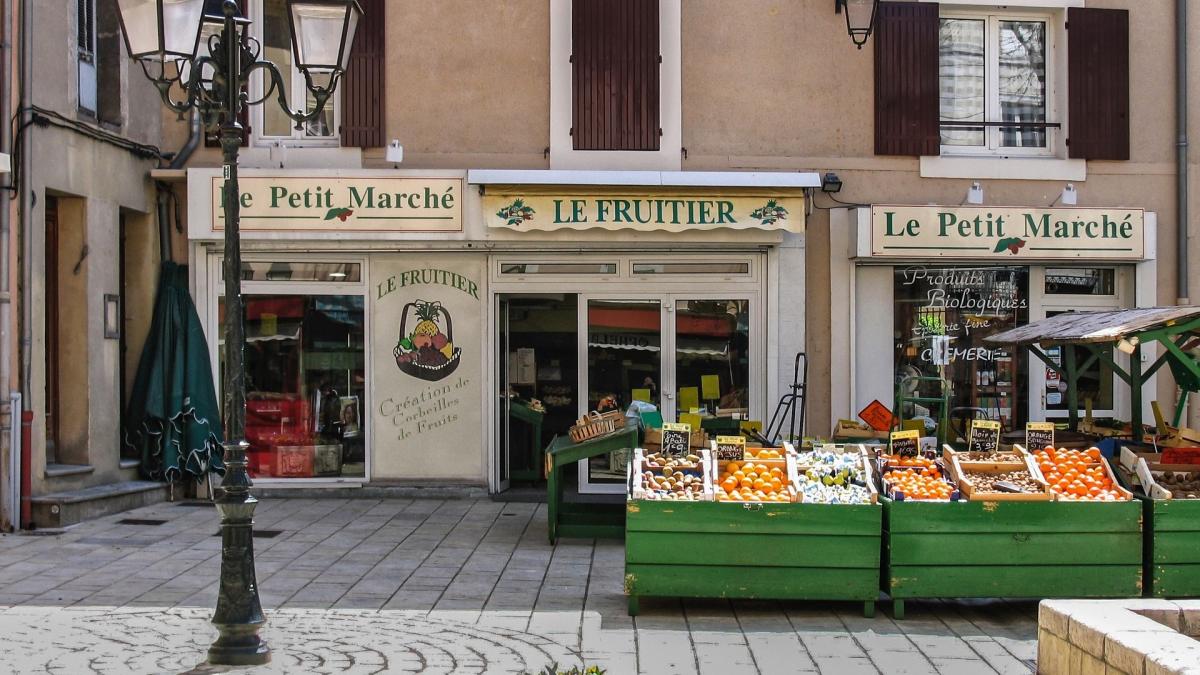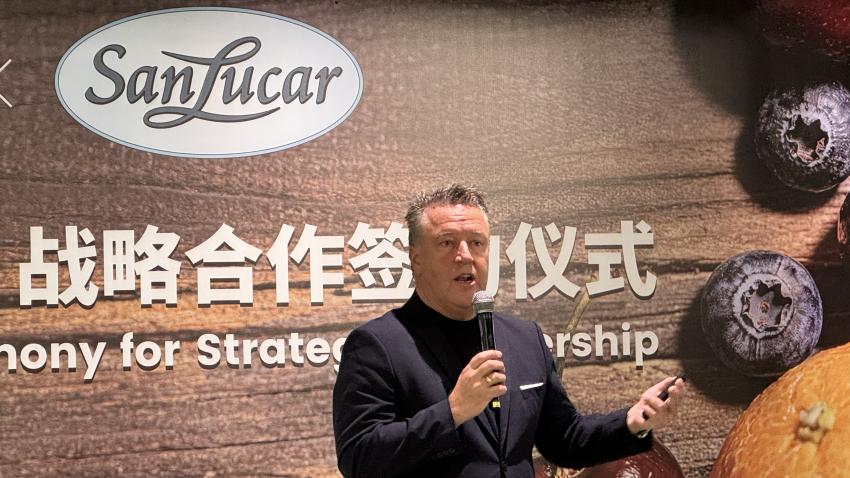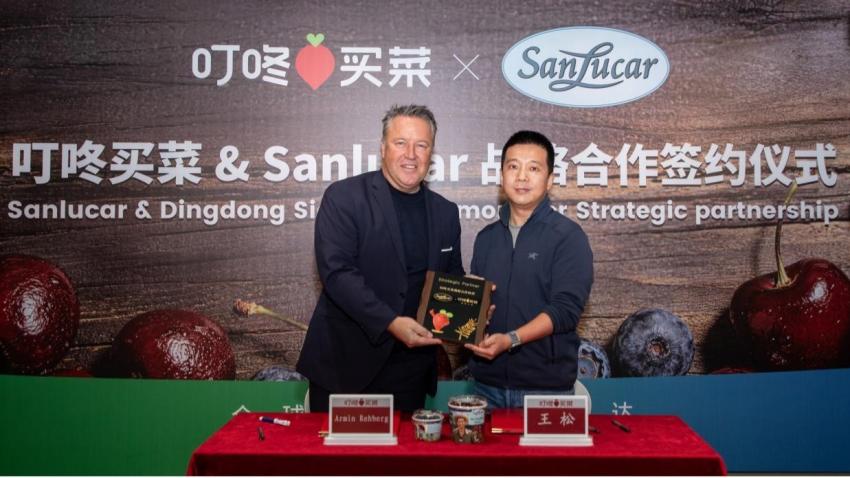You are here
Back to topFrance Bans Plastic Packaging for Fruits and Vegetables From 2022

France will ban plastic packaging for almost all unprocessed fruits and vegetables beginning on Jan. 1, 2022, according to a report released by the French government on Oct. 11. The move represents the enactment of an EU-wide law voted for in 2020 aimed at reducing plastic waste, with France being the first country to implement it.
The French government estimates that 37% of fresh fruits and vegetables are currently packaged in plastic and expects the new law to reduce waste by 1 billion plastic packages per year.
The first stage of the anti-waste law saw certain other single-use plastics, mainly disposable tableware, banned in 2020. France went one step further in 2021, banning additional single-use plastic items, including plastic cutlery, straws, stirrers and takeaway cup lids.
The next step of the French ban will apply to plastic packaging for fruits and vegetables sold in portions weighing less than 1.5 kilograms, irrespective of origin.
Some of the vegetables that will be affected by the ban are leeks, zucchinis, eggplants, peppers, cucumbers, carrots, tomatoes, onions, cabbages, cauliflowers, squashes and root vegetables. In terms of fruits, the list includes apples, pears, bananas, oranges, clementines, kiwifruit, tangerines, lemons, grapefruit, plums, melons, pineapples, mangos, passion fruit and persimmons.
Delicate fruits such as raspberries, strawberries, currants, blueberries and “ripe fruits picked at maturity” are currently exempt from the ban, as are “germinated seed” products like lentils, soybeans and alfalfa sprouts. This exemption will expire in June 2026.
According to the French government, the ban will be implemented in gradual phases up until June 30, 2026, giving manufacturers a grace period to adopt new packaging solutions. There will also be a tolerance period of six months to dispose of existing packaging stock. Distributors who continue to use plastic packaging after the six-month tolerance period will face fines of up to 15,000 euros.
Certain products will have tighter deadlines to comply with the ban: cherry tomatoes, peaches and nectarines must be sold in plastic-free packaging by the end of June 2023, and the same will apply to salad greens, spinach, asparagus, endives and mushrooms by the end of December 2024.
Françoise Roch, president of the National Federation of Fruit Producers (Fédération Nationale des Producteurs de Fruits), said that switching to cardboard packaging would be difficult in such a short time.
While France is the first country to enact the EU-wide anti-waste law, Spain’s Ministry for Ecological Transition is also drafting a decree that will implement the same EU directive. The Spanish law will reportedly follow France in banning plastic packaging for produce weighing under 1.5 kilograms.
Image: Pixabay














Add new comment